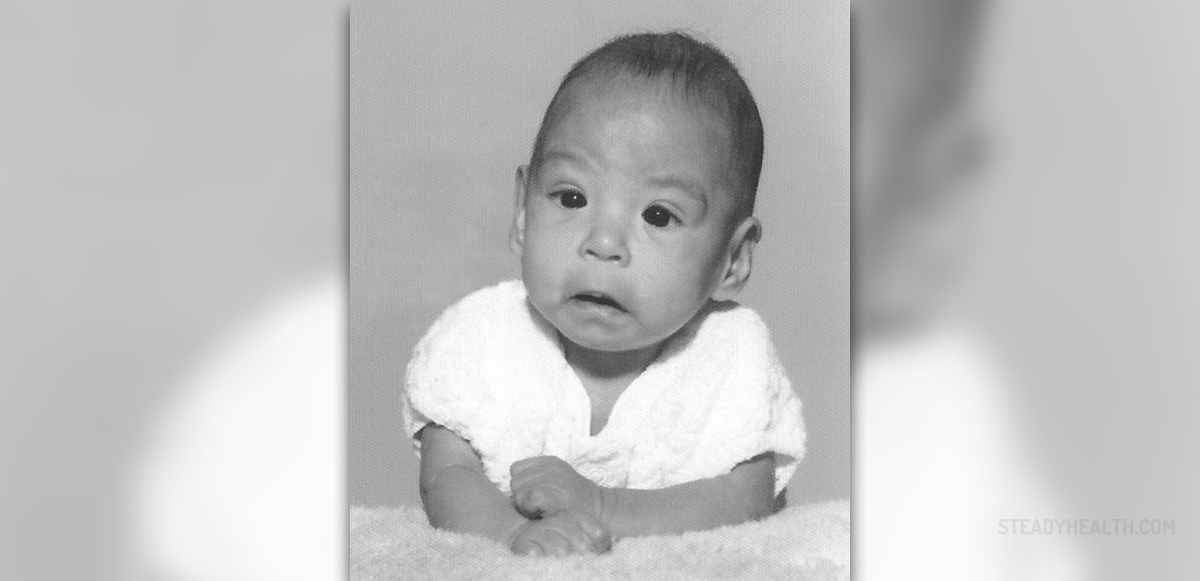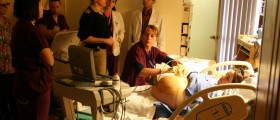
Fetal alcohol syndrome is a pattern of mental and physical defects that affect a fetus of an unborn child. The syndrome normally occurs when a woman drinks excessive amounts of alcohol during pregnancy. The syndrome doesn’t develop always when a woman consumes alcohol during pregnancy. Certain factors such as the timing and frequency of alcohol consumption are major factors in the risk of developing this complication. However, the current official medical recommendation is to drink no alcohol at all during pregnancy.
It's estimated that each year in the United States, 1 in every 750 infants is born with different complications caused by fetal alcohol syndrome. Another 40.000 infants are born with fetal alcohol effects, which is a milder form of the fetal alcohol syndrome.
Causes
As already mentioned, prenatal alcohol exposure is the cause of the fetal alcohol syndrome. Scientists have been trying to determine what kind of drinking habits during pregnancy exactly cause the defects. The study conducted on over 400.000 women had found that no adverse effects of prenatal alcohol exposure are expected when consumption is under 8.5 drinks per week. The fetal alcohol syndrome usually occurs among alcoholics, and moderate drinking during pregnancy has no negative effects. However, there are no scientific findings to encourage drinking during pregnancy.
Signs and symptoms
It is very important to understand that fetal alcohol syndrome isn’t a single birth defect or a disease itself. Fetal alcohol syndrome is rather a whole range of health problems and a very severe consequence of prenatal alcohol exposure, known as fetal alcohol spectrum disorders.
Children affected by fetal alcohol syndrome usually have distinctive facial features, such as very small eyes, a short and upturned nose, and smooth surface between the nose and the upper lip, which is very thin. The perimeter of their head is usually small, as well as the size of the brain.
Many children have various heart defects and visible deformities of joints, limbs and fingers. They are usually born underweight, and they continue growing at a slower pace than normal children. These children have problems with eyesight or hearing, poor coordination and problematic sleep patterns.
In many cases, fetal alcohol syndrome causes various mental and developmental problems such as learning disorders, short attention span and hyperactivity, inability to control impulses, extreme tension and nervousness.
Prevention and treatment
There is no cure for the fetal alcohol syndrome, because the central nervous system damage results in permanent disability. The only available treatment is aimed to alleviate the symptoms and ease the learning disabilities. Therefore, treatment needs to be individually tailored for each specific patient. The only way to completely prevent the fetal alcohol syndrome is to simply avoid drinking during pregnancy.

















Your thoughts on this
Loading...